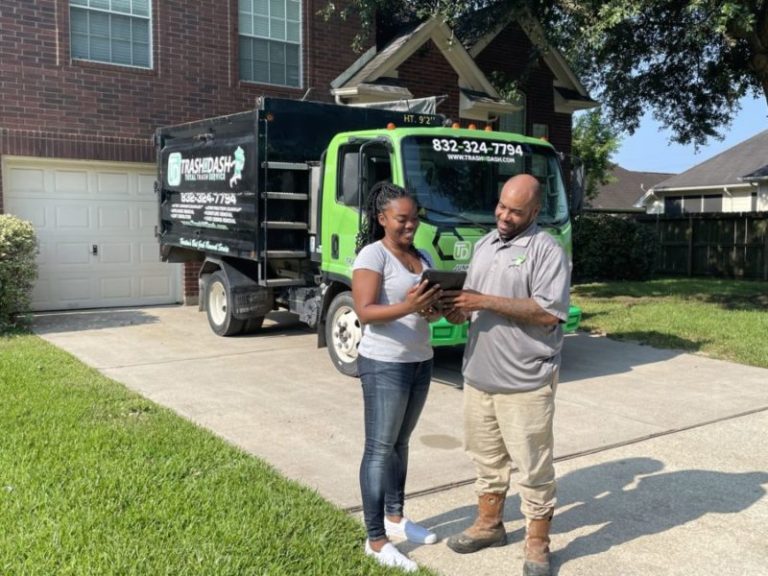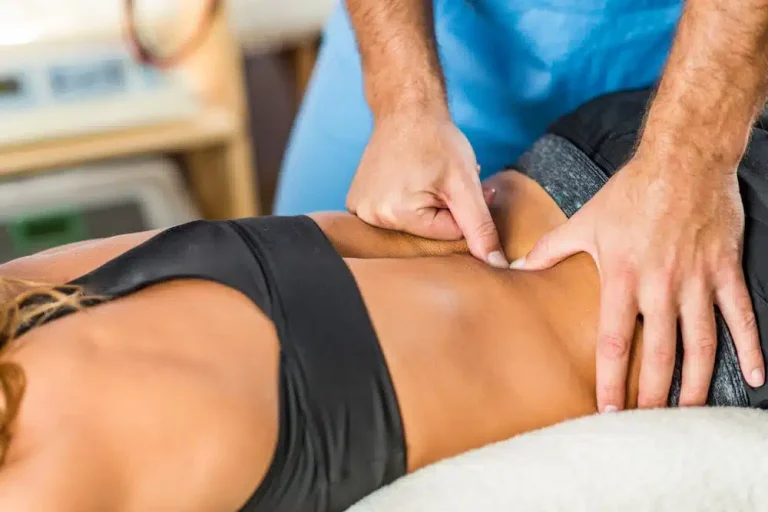When you feel off around these areas of your body, it is crucial to visit an ENT (ear, nose, and throat) doctor. It might be visible, but there are underlying issues you need to cater so that you can mitigate any further complications. In line with that, you must expect the following factors when visiting an eye nose and throat doctor.
1. Make a list of questions to help you prepare for the meeting.
You can make your appointments quicker if you write down all the symptoms you are feeling. Doctors may assess your problem easily because they do not have to ask a lot since you have given them already. Ask your doctor about what you should expect during your appointment. Do not hesitate so that you can also be aware of what’s happening in these areas and why you are feeling them.
2. The doctor will start by reviewing your medical information.
You may have to wait a while to receive a diagnosis after your checkup. An eyes nose and throat doctor may take time because they must review several parts with different client concerns. You will also discuss any other related sicknesses so that they can give you the right treatment. Your medical history helps the doctor determine if any underlying problems could be causing your present symptoms.
3. Doctors will want to know about your current health problems.
Following your discussion of your concerns, doctors often ask follow-up questions. Certain people may not be able to use particular drugs for their condition because of allergies. The physician will then know the appropriate medications for you.

4. A physical check may include using special tools to look inside your ears, nose, and throat.
Do not worry if a doctor may have to pull up tools you are not familiar with. These are needed for a physical check-up. Through these checks, the doctor can find any problems or signs of illness.
6. The doctor will give you different treatment types for your case.
You should expect to get prescriptions from your doctor that are different to cater to your concerns. These can vary from sprays, drops, and tablets you have to ingest. Some doctors will also note a follow-up checkup to see if you need surgical treatments if sickness does not go away after your treatment.
7. Follow-up visits are needed to check success and make necessary changes to the treatment plan.
The doctor will set up follow-up meetings to see how you’re doing. These meetings are crucial for ensuring the treatment plan works and making necessary changes. Regular follow-ups help people with long-term conditions stay healthy and avoid problems.
The Bottom Line
You may have to wait and go through a series of processes when visiting an ENT doctor. However, rest assured they will help you get through your pains and ensure healing along the way. So, take note of these measures when you visit the doctor to be ready financially and physically.












+ There are no comments
Add yours